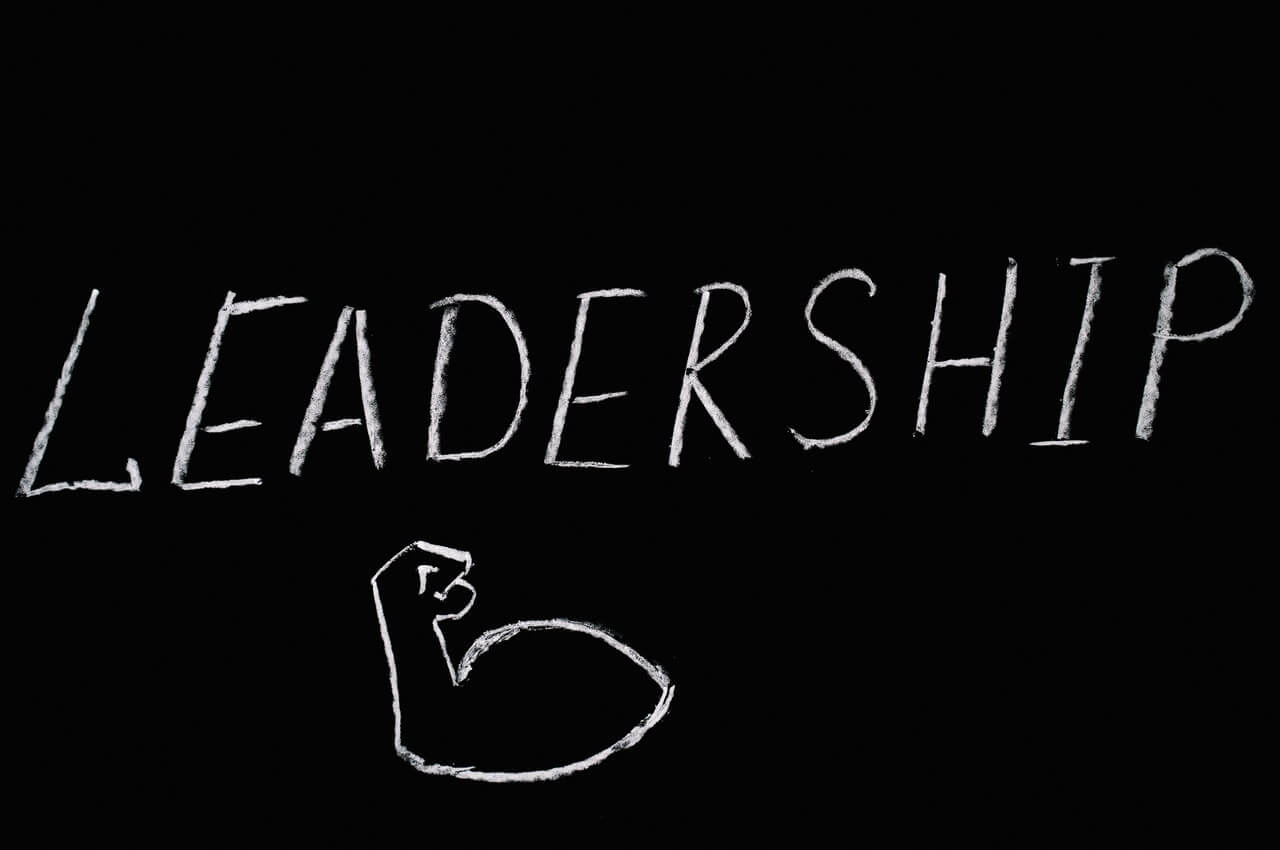Guest blog submitted by Krista Peterson
The guest post on October 24 by Greg Waddell describes the delicate balance of leadership and management well, especially the whitewater rapids of change that most leaders are facing. Now, consider, amidst all the organizational change, new strategies and emerging business, the leader leading (and managing) all of that change is new in his or her role.
Challenge of Leadership Transition
A leadership transition is a critical change for the organization, the new team, key stakeholders and especially the new leader. The need for the newly hired leader to get up to speed quickly, understand the business, navigate the culture, build relationships with key stakeholders, assess and lead their new team, and understand their own personal leadership strengths and needs in the context of this new role can be a daunting task. So daunting in fact, that one research study* cited that 40% of leaders new in role will fail or be fired within the first 18 months. No one wants to believe that their newly hired executive could become a statistic. And yet, most companies are not doing a lot to support new executives during this critical transition.
Onboarding
In my opinion, critical transitions aren’t just defined by new leaders coming in from the outside. I have seen plenty of highly successful leaders make an internal, cross-functional move, and fail to make the transition effectively. In fact, they sometimes have it worse than the external new hire because they are usually a highly talented leader with an internal track record of success, and therefore are often left alone to figure it out. Sink or swim is not the best onboarding strategy with any employee, and especially not key leaders being counted on to drive the strategy forward for the organization.
Derailment Factors in Leadership Transitions
I would like to take the next month to create a dialogue about what causes new leaders to fail, and the kinds of support new leaders need for long-term success. I have seen plenty of new leaders fail, some fast and hard, others more slowly, in a painful rollercoaster of ups and downs. Regardless of their speed of derailment, they all have had some things in common that boiled down to the following causes: poor cultural fit, unclear role expectations, or an inability to get results.
What are some of the other causes of derailment you have seen in a newly hired leader? It would be great to hear what others see as some of the more common factors. Please share your thoughts.
*Bradt, Check and Pedraza, 2006
Guest Writer Information
Krista Peterson, MA, is Founder, Principal Consultant, and Coach at Stone River Consulting in St. Paul, Minnesota. Her phone number is 612-719-7658; e-mail is kpeterson@stoneriverconsulting.com
Krista brings nearly 20 years of experience in leadership development to the practice, largely from her time at Target Corporation, where she served as the director of talent development, leading the organization’s strategy for developing leaders. She also led the creation of an internal executive coaching function, and expanded the onboarding services delivered to new leaders.
——————–
Steve Wolinski provides leadership development, organizational change and talent management services to numerous public, private and non-profit organizations.


While I’m sure you can bucket causes of failure into poor culture fit, unclear role expectations, and inability to get results, you may find it useful to go a little deeper. As you probably know since you referenced one of the statistics from our book, “The New Leader’s 100-Day Action Plan”, we suggest seven main causes of failure. Linking those to your three buckets:
POOR CULTURE FIT
– Personal risks (strengths, motivation, fit)
– Learning risks
– Relationship risks
UNCLEAR ROLE EXPECTATIONS
– Role riskss
INABILITY TO DELIVER
– Organizational risks
– Delivery risks
– Adjustment risks (adjusting to changes going forward)
George, as a leading expert in the onboarding field, I appreciate your thoughtful response, and look forward to you contributing more to this dialogue over the next month. And thank you for linking your research and experience on derailment to the broader categories I had outlined in my blog entry.
I was hoping to get the dialogue going, and you have added much richness in your response.
I can think of many leaders that have failed because of some combination of the 7 areas of derailment you listed.
I am curious to hear from others about examples of derailment that you have seen. Please respond with your own stories of derailment.